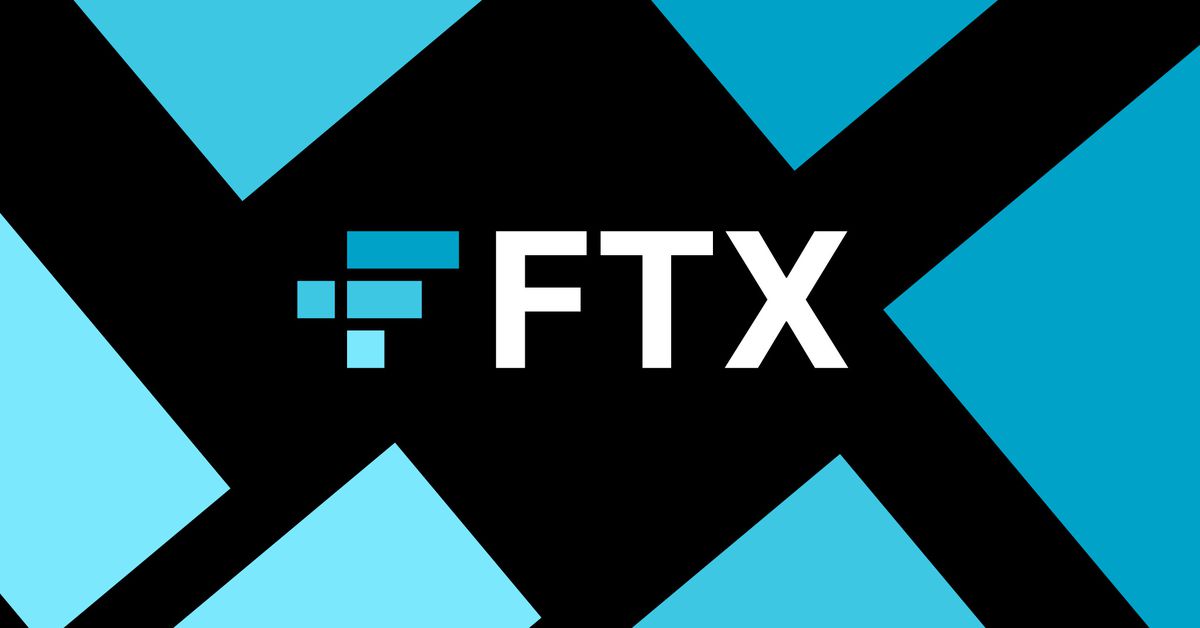MVPs for 10x less the cost, and what we learned from SBF/FTX

Click here to view this email in your web browser
Greetings all, in this week’s episode of Ventures, my guest Nick Wilger (https://www.linkedin.com/in/nick-wilger/) and I discuss all-things low-code/no-code from the perspective of an aspiring tech entrepreneur. We talk about Nick’s background getting into the space, what founders need to know about tools like Bubble, how to think about “product” setups and roles, working with Figma, and more about Nick’s accelerator (https://effycientaccelerator.com) for training low-code/no-code developers.
Check it out: Low-code/no-code vs. traditional code for building Minimal Viable Products (MVPs) :: with Nick Wilger
SBF/FTX
In late 2015 I wrote a blog post entitled “The Dark Triad: Why we love to empower Machiavellian Psychopathic Narcissists”. In that post I talk about how many of our famous politicians, music artists, CEOs, religious leaders, influencers, etc.. display clear signs of machiavellianism, psychopathy, and narcissism and we love them for it.
The reason why we love them is because they tend to be charming, extreme, and say/do things that the rest of us typically don’t say or do. They become our front-facing champions and we silently - or not so silently - cheer them on.
Of course, what often happens is that these people end up flaming out, get canceled, file bankruptcy, or become president (sometimes in that order), and - if they don’t end up in jail - they have plenty of people around them who think they should be.
This, in a nutshell, has happened over and over again in the crypto/Web3 space the last decade. The SBF/FTX fiasco is just another example, albeit at a very (very) large scale.
He said all the right things and convinced all the right politicians, investors, and clients to trust him.
The problem - and the opportunity - is that Web3 is all about pointing people to trust in distributed ledger technology, not in sociopaths. The whole point of Web3 is that we don’t need charismatic brands and leaders to trust (which leaves us vulnerable to scams/rugs). Instead, we can trust the math and security of blockchains to set up decentralized versions of many products/services we use today (such as financial products, concert tickets, club memberships, licenses, credentials, deeds, social media, etc..).
As always, if you are building in Web3 I’d love to hear from you. I spend my time focusing on the builders…on the next wave of technologies that are going to help humans flourish around the world. I’d love to learn more about what you are up to.
Have a great rest of your week (and a Happy Thanksgiving / holiday for those celebrating it),
~Will